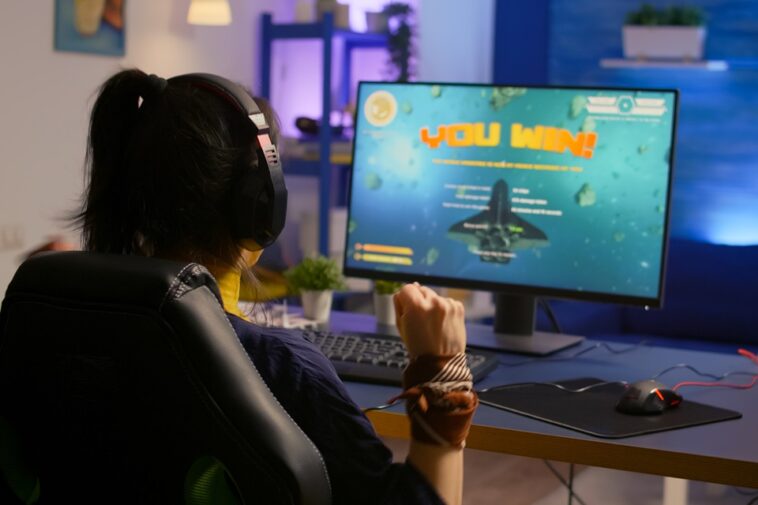The idea that some people can use psychic or paranormal abilities to alter randomness while gambling in Rocket Play Casino, probabilities and chance outcomes is a concept that has persisted for centuries. Even today, certain mystics, psychic mediums, intuitionists and sensitives declare they can bend chance to their will. But many skeptics see randomness as fundamentally disconnected from psychic interference. This article will explore some of the claims, research studies and explanations around chance influencing psychic assertions devoid of bias in either direction.
Prominent Psychics Who Claim Chance Influencing Abilities
Several modern psychics have publicly stated they can skew chance using psychic abilities like telepathy, precognition, clairvoyance and mind-over-matter. Prominent examples include psychic medium Char Margolis, illusionist and mentalist Uri Geller, psychic counselor Linda Georgian, and celebrity medium Tyler Henry. Each says they have demonstrated skewing statistically unlikely outcomes to their favor repeatedly in rigorous scientific tests.
Georgian for example, asserts she used telepathic sender-receiver communication to significantly alter random number generation in various physics laboratories over a 12 year period. Geller likewise claims his psychic awareness enables him to bias odds in activities dependent on chance like dice rolling, card drawing, bingo how to play jetx game games, lottery tickets and random computer generators. However, few of their assertions have gained broad scientific consensus.
Research Examining Psychic Chance Influence Claims
Various research has aimed to explore psychic chance claims scientifically. Physicist Helmut Schmidt conducted seminal experiments in the 1970s, examining if test subjects could use mind-over-matter to skew of electronic random number generators. Some findings appeared to indicate significance but have proven hard to replicate.
In the 1980s, PEAR lab founder Robert Jahn ran vast numbers of computerized randomization trials testing chance influencing. Small effect sizes were noted over periods of time, hinting some anomalies but no clear psychic causation. Statistical experts, however, highlighted various methodological issues in PEAR’s approach.
More recently, Daryl Bem’s work on precognition in the 2000s indicated test subjects could to a modest degree predictively identify random computer image selections before they occurred. But major flaws were again found in experimental designs.
So while intrigue remains, most mainstream science sees inconclusive evidence that mind alone can sway clearly defined randomness without plausible explanation. Chance remains unpredictable by its very definition.
Key Research Studies On Psychic Chance Influence Claims
| Study | Year | Method | Conclusion |
| Schmidt | 1970s | Electronic RNG | Limited significance |
| Jahn/PEAR | 1980s | Computerized RNG | Hint of anomalies |
| Bem | 2000s | Computer precog tests | Flawed methods |
Explanations For Chance Influencing Claims
Researchers have proposed various explanations for how some psychics seem to occasionally demonstrate chance altering:
- Deceptive tactics – sleight of hand, trickery, illusions and manipulation provide apparent chance swaying.
- Selective memory/cognition biases – remembering and spotlighting hits and forgetting misses.
- Undetected design flaws – hidden experimental defects subtly skew randomness.
- Misrepresented statistics – misunderstanding of expected variances.
- Quantum consciousness – speculative physics theory of observable outcomes being shaped by consciousness. Largely pseudoscientific according to most physicists.
- Divine intervention – religious view of metaphysical higher power underpinning psychic chance biasing. No evidence.
So while some psychics insist on having true probability influencing capacities, plausible scientific mechanisms remain lacking. But research continues on various hypotheses.
Conclusion
A few modern psychics have claimed intriguing powers to purposefully define randomness against odds using psychic abilities. But concrete, irrefutable evidence still eludes. Studies have detected slight statistical anomalies that proponents highlight, but methodological gaps and speculative quantum or religious explanations fail to convince mainstream science. Still for advocates, the mystery and intrigue persists around the concept of tuned minds overriding presumed chance. Rigorous, replicable studies with sound methods are needed to shed further light. For now, the jury remains out on the issue of true mental influence over probability despite confident claims.


